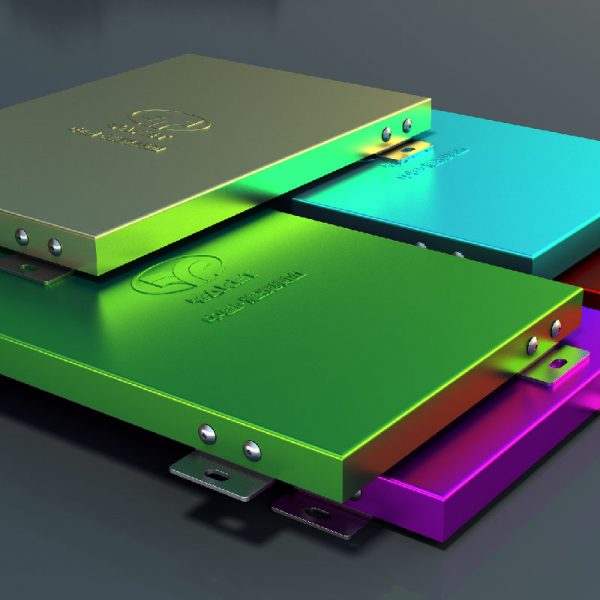Introduction to Aluminum Veneer
Aluminum veneer has emerged as a game-changer in the architectural and construction industries, thanks to its versatility and aesthetic appeal. As builders and designers seek innovative materials to enhance the visual impact of their projects, aluminum veneer offers a lightweight yet durable option. With a remarkable resistance to corrosion and an ability to withstand harsh weather conditions, aluminum veneer is increasingly favored for facades and decorative purposes. Its reflective properties also allow for energy-efficiency, making it a sustainable choice for modern construction.

Understanding the Solid Aluminum Panel
The solid aluminum panel is a core aspect of aluminum veneer applications. This type of panel provides exceptional structural strength while remaining lightweight, allowing for easier handling and installation. In commercial buildings, solid aluminum panels are often utilized for curtain walls, providing both excellent insulation and enhanced aesthetics. Furthermore, these panels can be easily customized to cater to specific architectural designs, showing their flexibility in various applications, whether in high-rises, shopping centers, or even residential homes. Their acoustic properties also offer solutions for soundproof environments, aligning well with sustainability goals of modern architecture.

The Versatility of Aluminum Veneer Panel
In practical applications, the aluminum veneer panel serves as a reliable solution for those looking to enhance both the performance and beauty of their buildings. These panels can come in various finishes, colors, and textures, making them ideal for a diverse array of design requirements. Whether you are looking to create a sleek modern facade or prefer a more traditional look, aluminum veneer panels can be tailored to fit the vision. Additionally, their ease of maintenance ensures that properties retain their visual appeal over time without significant investment in upkeep. This makes aluminum veneer panels not only an aesthetic choice but also a financially sound one for property developers and owners alike.
Summation: The Advantages of Choosing Yaret for Aluminum Products
In conclusion, aluminum veneer and its related products offer significant benefits for architectural projects, blending durability with aesthetic appeal. Opting for quality materials such as yaret ensures that you are receiving reliable products backed by a manufacturer known for its supply advantages. Yaret’s offerings in aluminum veneer panels stand out in the market due to their commitment to quality and customization, allowing clients to realize their architectural ambitions without compromising on performance or sustainability.
Expanding on Solid Aluminum Panels
When discussing solid aluminum panels, it is essential to consider their composite makeup, as these panels typically consist of a non-aluminum core sandwiched between two aluminum sheets, enhancing strength while minimizing weight. Many builders appreciate the quick installation process and the reduced labor costs associated with using solid aluminum panels. In real-life scenarios, companies have reported significantly greater return on investment when using these panels in their construction projects. Solid aluminum panels also favor eco-friendly initiatives; they can be recycled effectively at the end of their lifespan, contributing positively to sustainable development goals. Consequently, infrastructure upgraded with solid aluminum gives buildings modern sophistication while minimizing carbon footprints, enhancing their marketability.
Diving Deeper into Aluminum Veneer Panels
Aluminum veneer panels represent a crucial evolution in modern design due to their ability to combine technical rigor with artistic freedom. Industry professionals often discuss the role of aluminum veneer in reimagining urban landscapes and revitalizing older buildings. For instance, many architects successfully incorporate layered designs and varied finishes, helping to break the monotony of urban environments. The adaptability of these panels extends beyond aesthetics; many feature integrated thermal insulation capabilities that help modernize buildings for energy efficiency. Their reliable performance has made them the top choice for cutting-edge skyscrapers and large institutional buildings, where both functionality and design are paramount. As cities continue to evolve, the role of aluminum veneer panels in shaping future urban architecture cannot be overstated.
